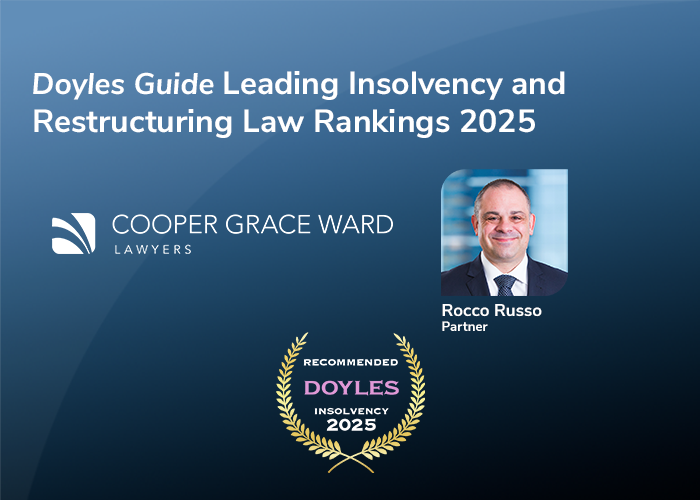A Treasury consultation paper issued on 11 January 2018 includes some new integrity measures. One of these is proposed changes to the non-arm’s length income (NALI) rules that were announced in the 2017 Budget.
Any part of the income of an SMSF that is NALI is taxed at the top marginal tax rate, rather than the normal concessional tax rate of 15% or even 0%.
The current rules broadly make income of an SMSF NALI where it is higher than if the trustee of the SMSF had been dealing at arm’s length.
The proposal expands the reach of NALI to include where:
- an SMSF incurs a loss, outgoing or expense that is less than might have been expected if the parties had been dealing at arm’s length; or
- there is no loss, outgoing or expense incurred by an SMSF where one would have been expected if the parties had been dealing at arm’s length.
This means SMSF trustees and advisers must scrutinise their investments to ensure all expenses are the same as if there had been a dealing on an arm’s length basis.
One situation this will impact is where the trustee of an SMSF borrows money from a related party, and the interest charged is less than would have been charged by an arm’s length lender. In that case, if the proposals are implemented, all of the income from the borrowing arrangement would be considered to be NALI and taxed at top tax rates.
Many SMSF trustees have obtained private rulings about arrangements involving related party loans where the interest rate may be less than would be charged by a commercial lender. Trustees and their advisers should check the rulings to see if they still apply in current years, and whether the change in law will affect the result. Obtaining a private ruling for specific years does not guarantee the arrangement will be accepted once the years referred to in the private ruling have finished.
Submissions on the proposals and exposure draft of the legislation are due by 9 February 2018.
This will be among the topics we discuss at our Annual SMSF Conference on 15 March. Click here for more details.
If you have any questions about this, please contact a member of our superannuation or tax teams.





